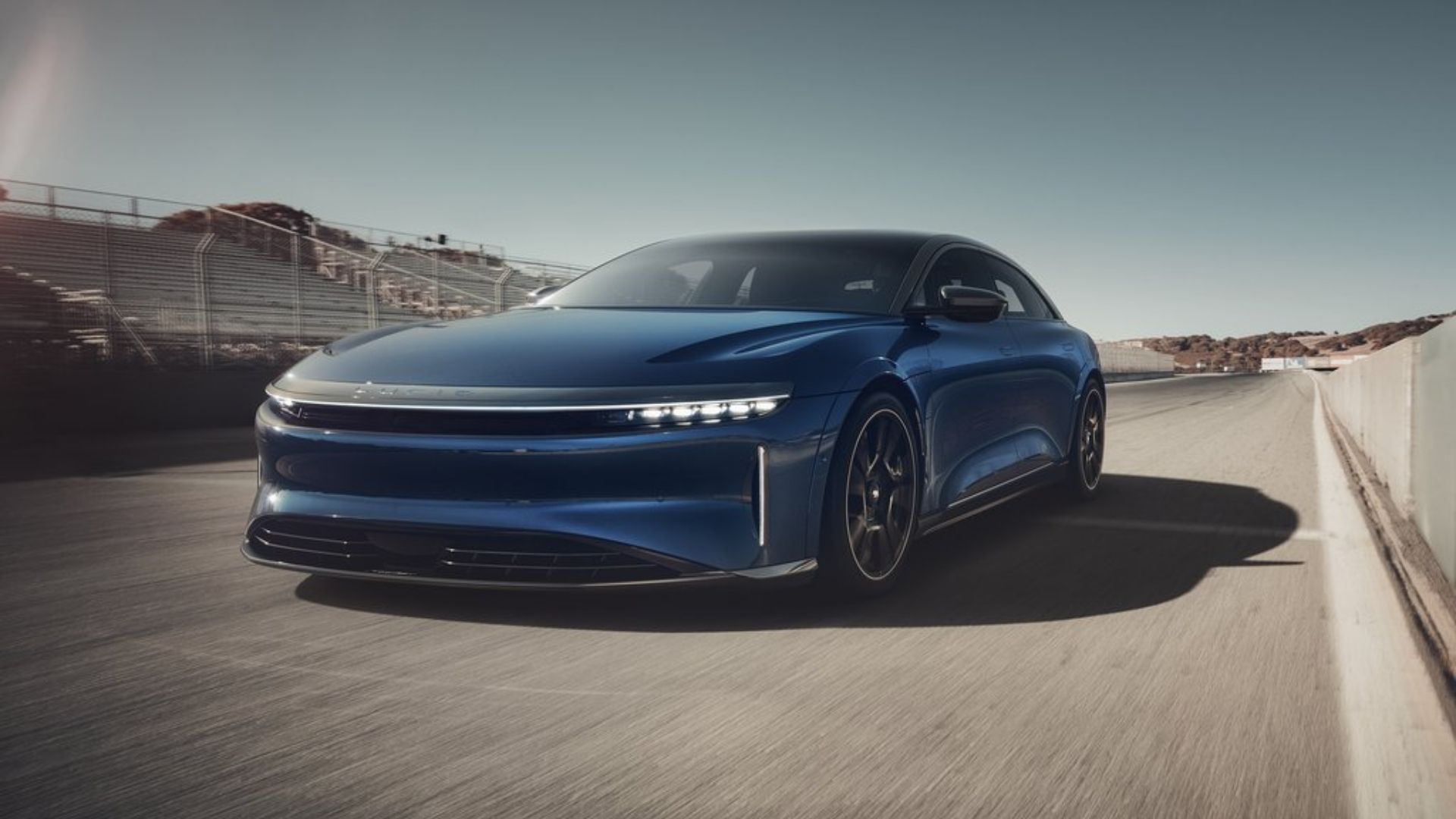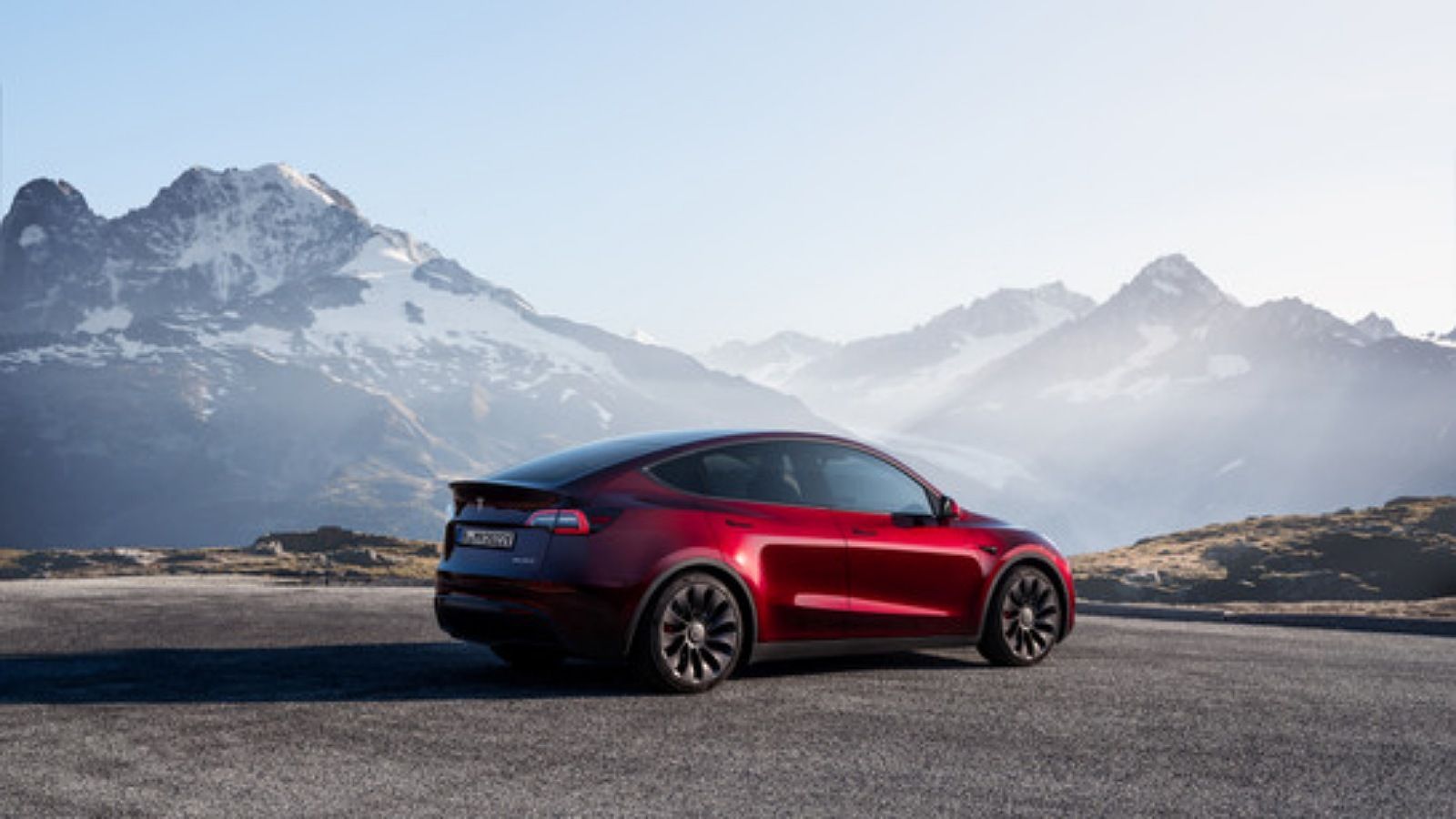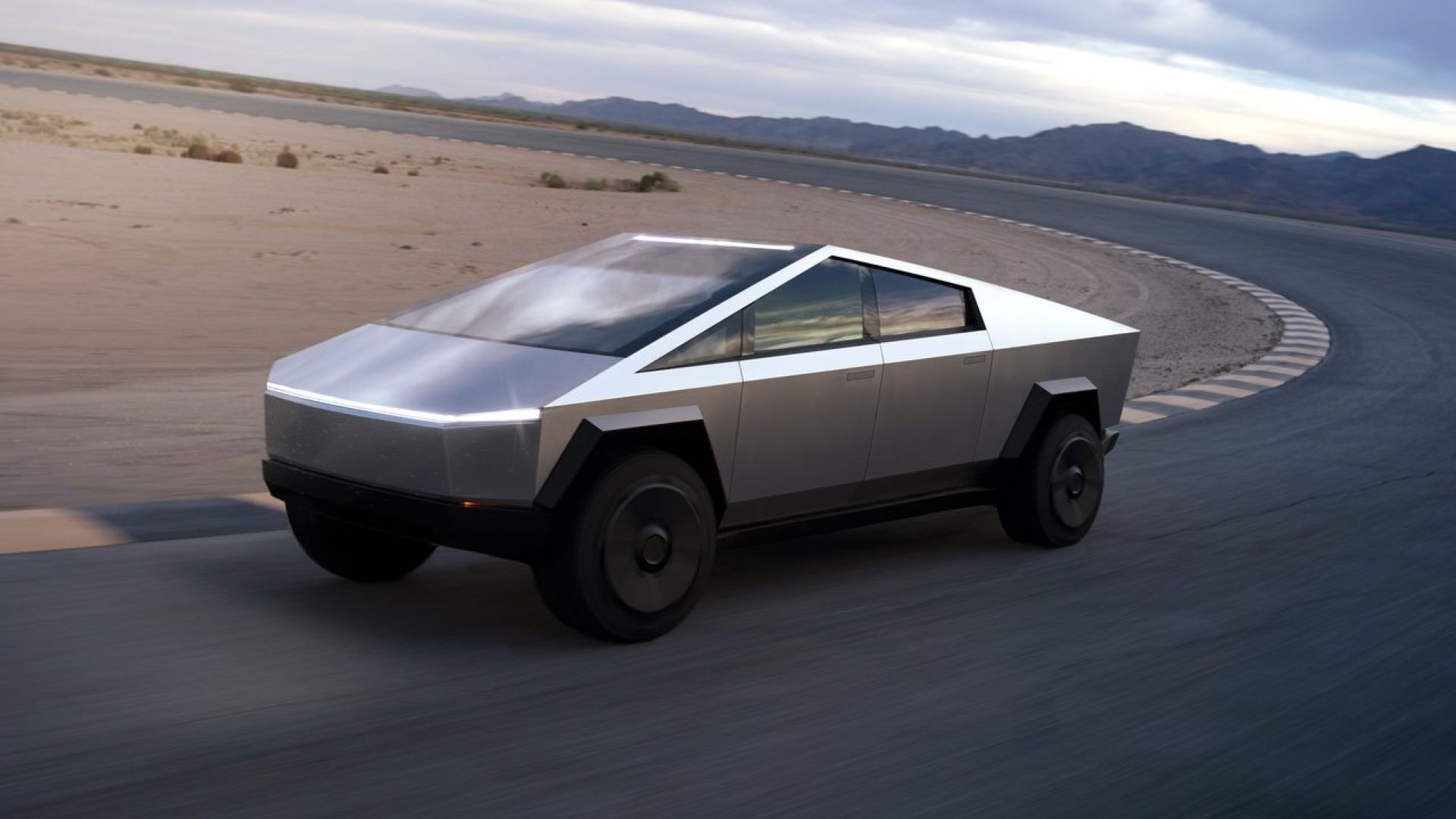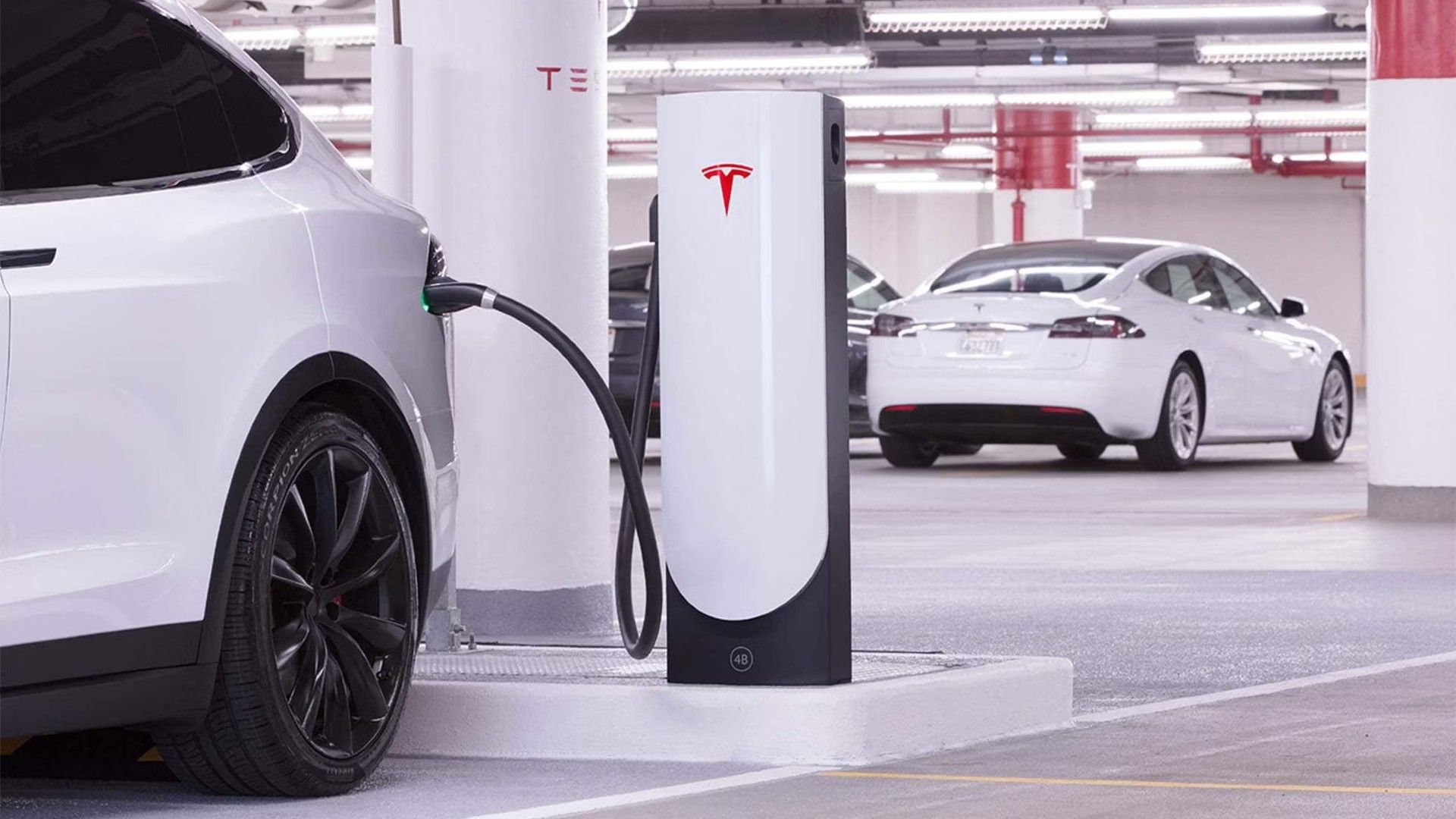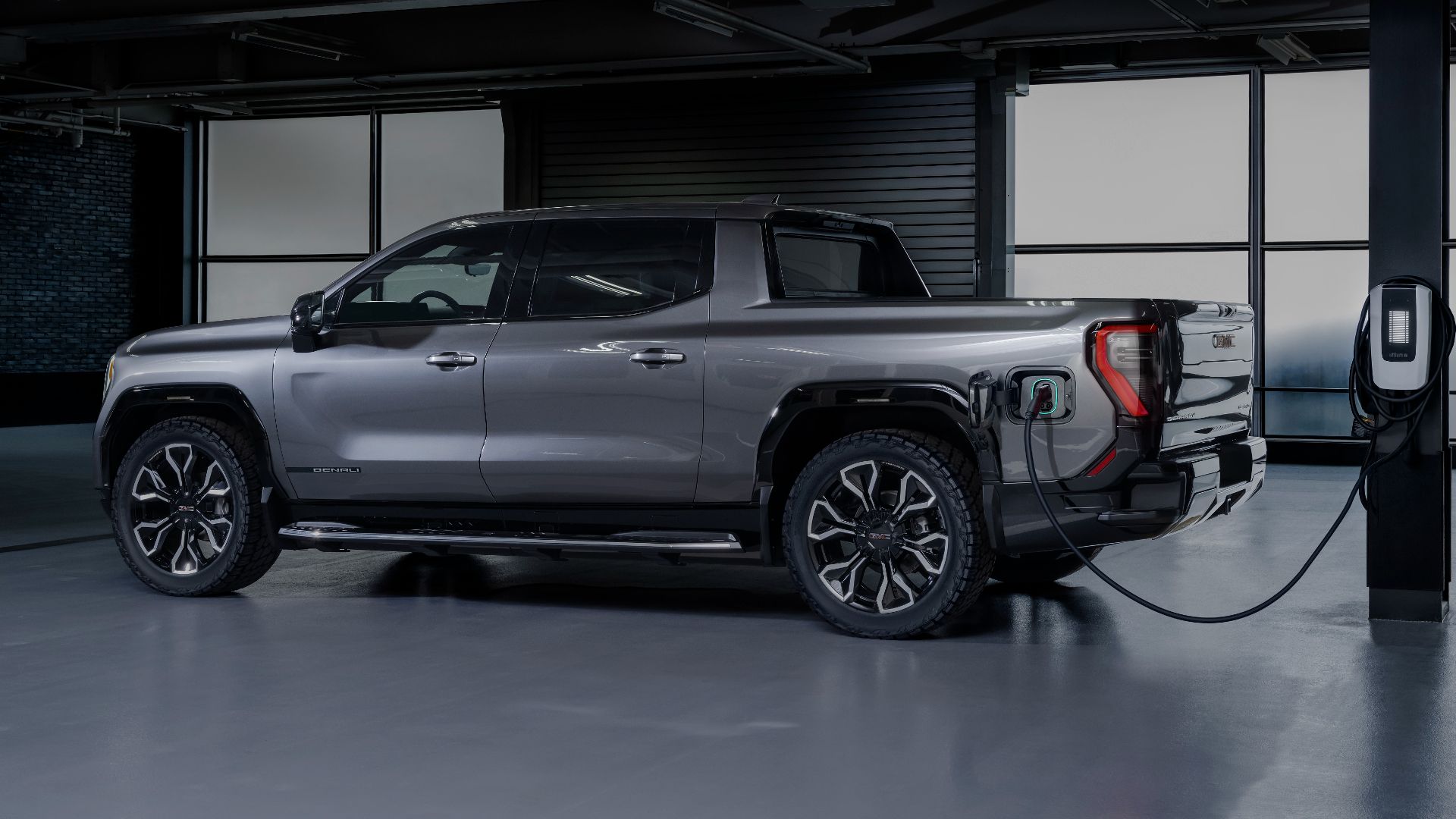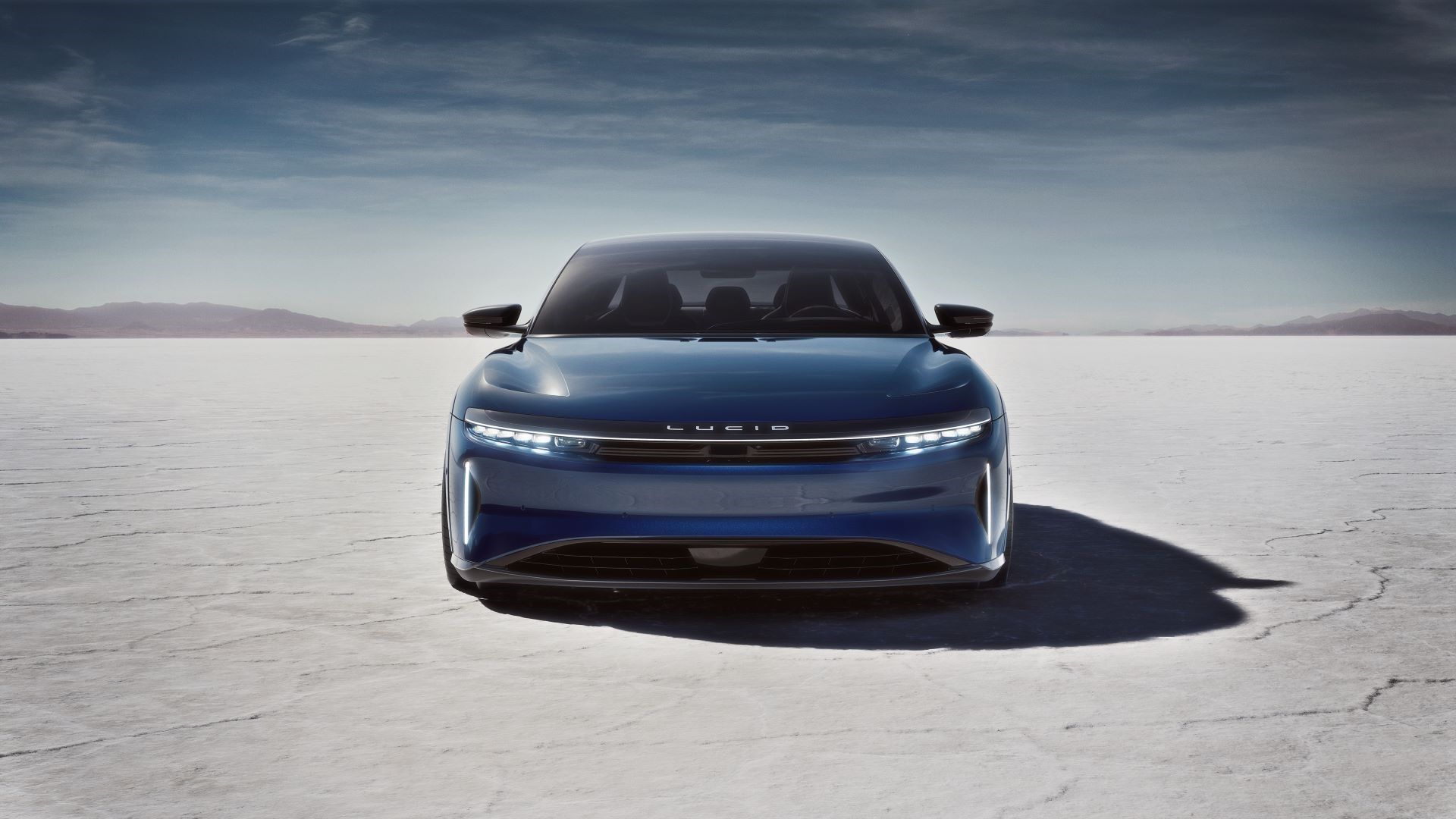It is no secret that EVs are becoming more and more convenient and are starting to dominate the market, as they were expected to do. However, while they are touted as being more affordable to own and operate compared to their ICEs counterparts, the reality is that owning an electric vehicle can come with a range of hidden costs. Just as an example, while the up-front costs of purchasing an EV can be higher than that of a traditional ICE car, the promise of lower fuel and maintenance costs over the vehicle's lifetime is often used as a selling point. Nevertheless, this may not always be the case, as several factors can impact the overall cost.
From the cost of installation of a home charging station to the price of replacement parts and specialized maintenance, several hidden costs can add up over time. Additionally, the rapidly evolving technology of EVs means that some costs may not be fully understood until further down the road. For example, the cost of battery replacement and disposal may not be fully known until the vehicle has been on the road for several years. In any case, as electric vehicles become more commonplace, it is important to be aware of the full range of costs associated with owning and operating them.
1 Insurance Is More Expensive
One of the hidden costs of owning an EV is the increased cost of insurance: in fact, the cost of insurance for electric cars can be higher than that of gasoline-powered cars due to the higher cost of repairs and parts. For example, Tesla's Model Y, a smaller SUV, has an average annual insurance cost of $2,118 for the entry-level Long Range trim. In comparison, BMW's equivalent SUV, the X3, has an average insurance cost of $1,725 for the entry-level xDrive30i. The Tesla Model S has an average annual insurance cost of $3,673. BMW's competitor in this segment is the 7 Series, and the 740i has a lower average insurance cost of $3,078. Looking on a case-by-case basis, some exceptions might be found, but the general rule is that this is an extra cost of electric cars.
2 Battery Replacement Will Not Be Cheap
Another hidden cost of owning an electric vehicle is the potentially high cost of replacing the battery. Although warranties for electric vehicle batteries can be extensive, the cost of battery replacement can be significant for popular EVs, ranging from $5,000 to $20,000 or more for luxury vehicles. Batteries need not only to be replaced when they break but also when they begin to lose capacity over time. In these cases, the cost of battery replacement can be a determining factor in the overall cost of owning an EV. On the other hand, it's important to note that new battery technologies are emerging that could help mitigate these costs in the future. For instance, solid-state batteries are being developed that promise to have a longer lifespan and faster charging times than traditional lithium-ion batteries.
3 You'll Spend More Upfront
One of the biggest barriers to electric vehicle ownership, as is well known, is the higher price point compared to conventional vehicles. For instance, the Hyundai Kona has a starting price of $22,595, while the electric version of the same car starts at $35,295. Similarly, the gas-powered Ford F-150 has a base price of $40,960, while the electric F-150 Lightning starts at $54,769. Even if the cost gap between ICEs and EVs is decreasing year by year, it remains a significant hurdle for some people. However, with the introduction of new, more affordable electric vehicles such as the Chevy Bolt or the long-awaited Tesla Model 2, the price of entry for electric vehicle ownership is gradually becoming more accessible and will surely continue to do so in the future.
4 Additional Registration Fees In Many States
Registration fees for EVs can be higher than those for conventional cars. At least 32 states in the US require a special registration fee for EVs, with 19 of them also assessing a fee for plug-in hybrid vehicles (these fees are typically in addition to traditional motor vehicle registration fees). In 2019, 10 states changed or added new fees for plug-in electric and some plug-in hybrid vehicles, ranging from $50 per year to a high of $200. While some states allocate some fee revenue to support electric vehicle infrastructure, the additional cost can be a consideration for you. However, it's worth noting that these fees are often implemented to offset the fact that EVs don't contribute to gas taxes, which are used to fund road maintenance and repair.
5 Charging Away From Home Is Not Free
Charging an electric vehicle outside of one's home can be a major expense for you. Of course, it can be cheaper than filling up a tank with gasoline in some cases, but it's certainly not free. Charging an EV at a commercial charger during a road trip can cost between $10 and $30 when using a level 3 charger, which is significantly more expensive than charging at home. It is important to note that charging costs can vary widely depending on several factors, such as the location of the charging station, the time of day, the type of charger used, and the electricity rates in the area. Some charging stations may even charge a flat fee for a charging session rather than by the kilowatt-hour, which can make the cost even more unpredictable.
6 Home Charging Infrastructure Will Cost You a Pretty Penny
Given the previous paragraph, charging an electric vehicle at home may seem like a cost-effective option, but it's not entirely free. Home charging will increase your electricity bill a bit, and while it may not seem like a significant amount, it can add up over time. If electricity costs 10.7 cents per kWh and the car consumes 27 kWh to travel 100 miles, the cost per mile is about $0.03. However, the charging time is quite long, often requiring 24 hours or more to reach a full charge, and the biggest cost comes when you want to upgrade your home infrastructure to install a level 2 charger that charges much faster (you can reduce the time by half). Prices vary greatly depending on your location and needs, but it is reasonable to assume that you can spend between $1000 and $2500.
7 Resale Price Drops Fast
Another cost of EVs that often goes unnoticed is their depreciation. As with any car, EVs lose their value over time, and battery degradation only adds to this problem. In fact, some studies have found that the depreciation rate of EVs can be twice as high as that of conventional cars on an annual basis in some cases. However, there are exceptions to this rule, such as the Tesla Model 3, which has an annual depreciation rate of around 10%, significantly lower than the industry average. Nonetheless, you should be aware of this issue, especially as battery replacement costs can be quite high, as seen above. Moreover, with the constant advancements in EV technology and the emergence of new models, it remains to be seen how that will impact the resale value of existing EVs.
8 You'd Better Get To Know A Specialized Mechanic
In general, EV maintenance is usually cheaper than that of an ICE, mostly due to the absence of an internal combustion engine. However, some components of an EV still need maintenance and replacement, such as tires, brakes, and suspension. Despite the lower number of parts, finding specialized mechanics for EVs can be a challenge, and the cost of their services can be higher than for traditional cars. Additionally, the complexity of the electronic systems in an EV requires specialized equipment and expertise, which can add to the cost of repairs. As EVs become more mainstream, the availability of qualified mechanics and specialized workshops is expected to increase, leading to lower prices for maintenance and repairs. Nonetheless, until this happens, you may have to pay a premium for the upkeep of your vehicle.
9 Non-Standard Features Don't Come Cheap
While electric vehicles come with many advanced features that make driving more comfortable and efficient, some of these features may come at an additional cost. For example, some EVs may require payment to activate features like advanced driver assistance systems (ADAS) or autonomous driving capabilities. The cost of these features can be significant, with some systems costing over $10,000, which is a sizable portion of the cost of a low-priced EV. It is important to research the features that come standard with an EV and which require additional payment. Although this does not affect the car's ability to fulfill its normal activities, it may change the consideration of someone who is looking for a luxury car and does not know whether to choose an EV or not.
10 Your Car Loses Efficiency, So You Spend More
One of the extra costs associated with electric vehicles is the loss of range and efficiency over time, especially in extreme weather conditions. Batteries can lose their capacity to hold a charge properly, which reduces the distance an EV can travel on a single charge. This can be problematic in areas with extreme temperatures (especially in the cold ones), as the battery may need to work harder to maintain its performance. In addition, battery degradation is a natural process that occurs over time, meaning that even under normal conditions, an EV's range will gradually decrease. These factors can increase the cost of owning an EV, as you may need to charge more frequently, invest in a replacement battery, or take care of other maintenance issues. Again, companies are improving this year by year, but for now, it is still a problem.

